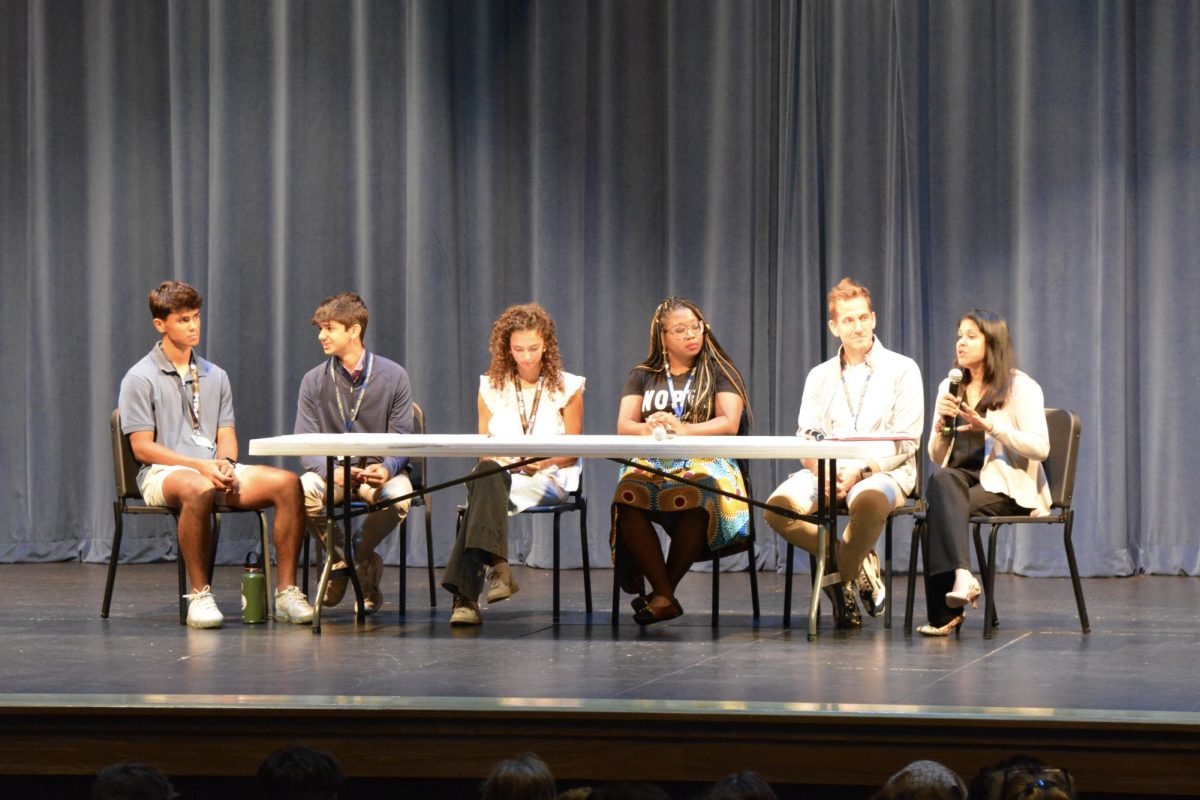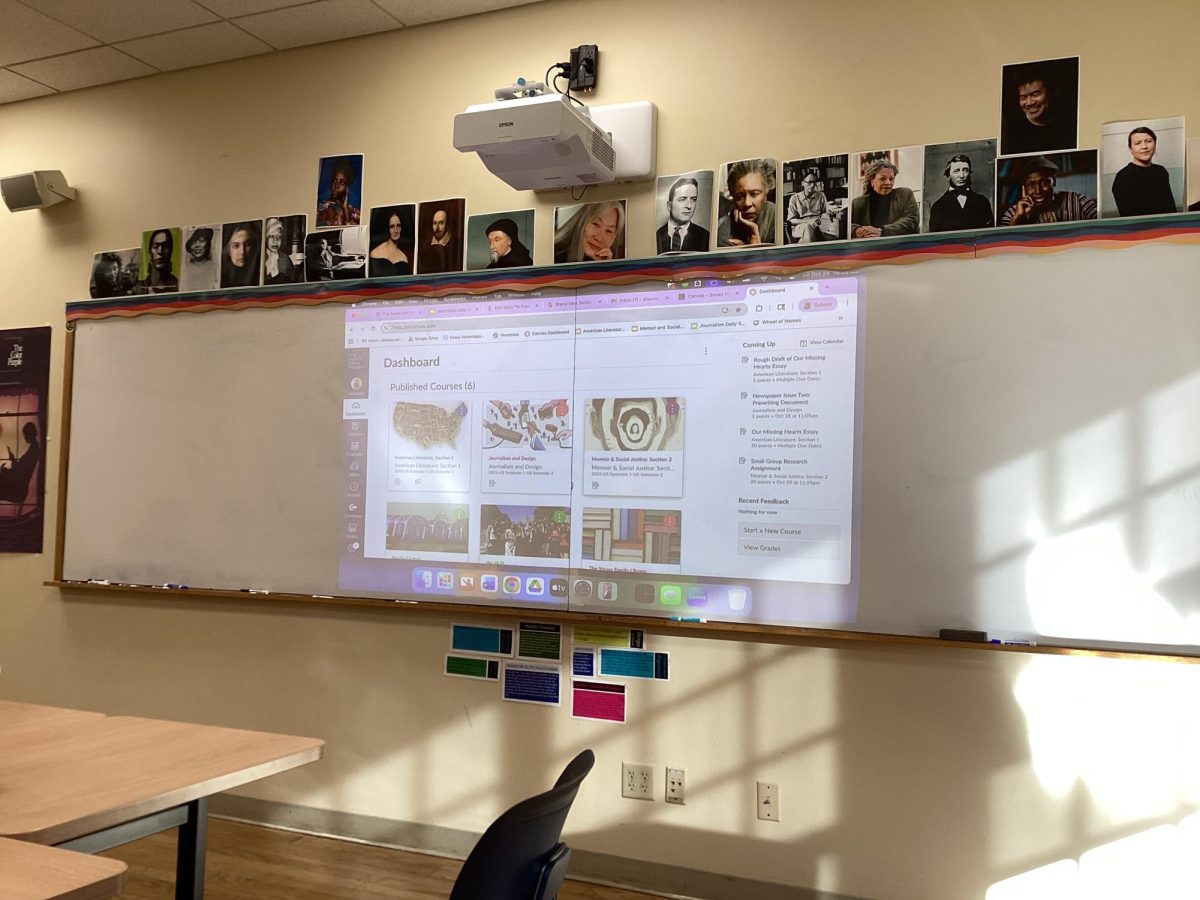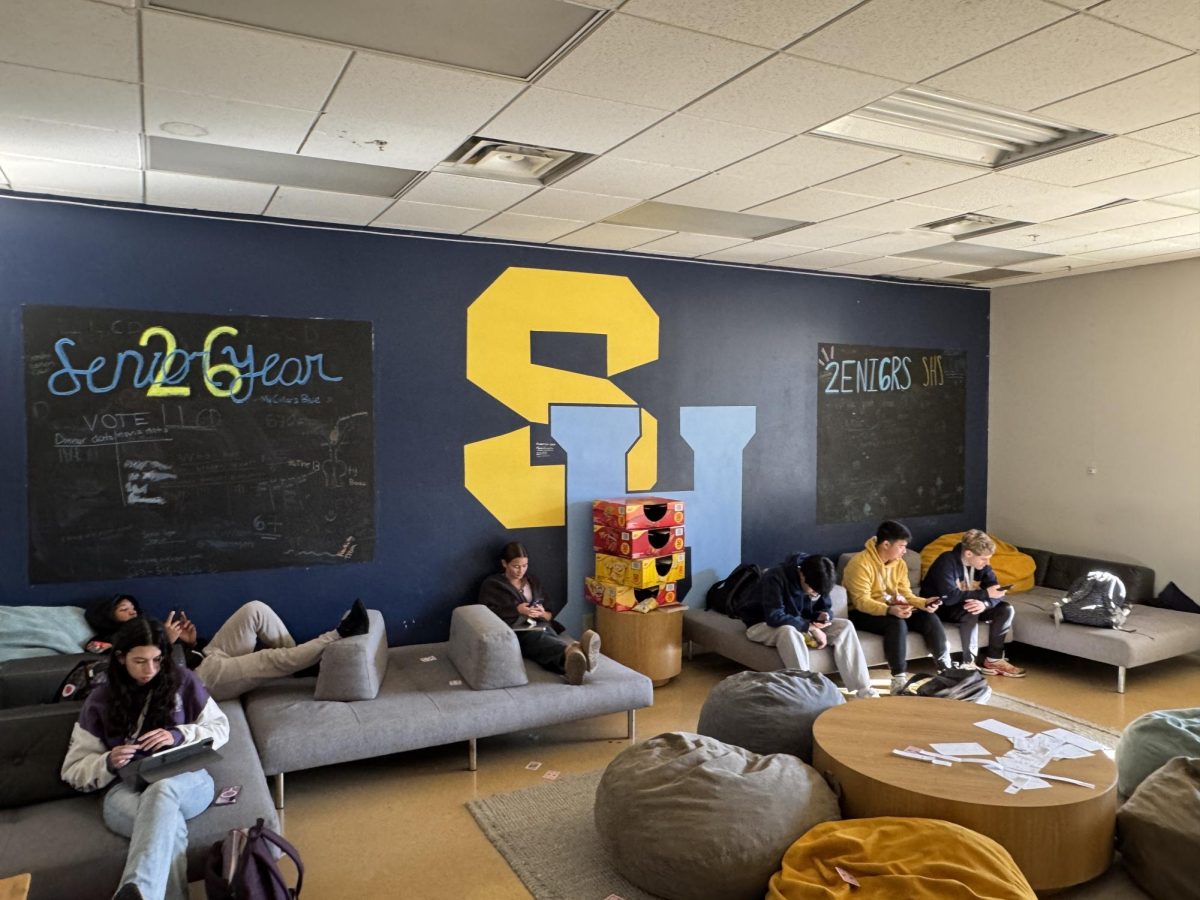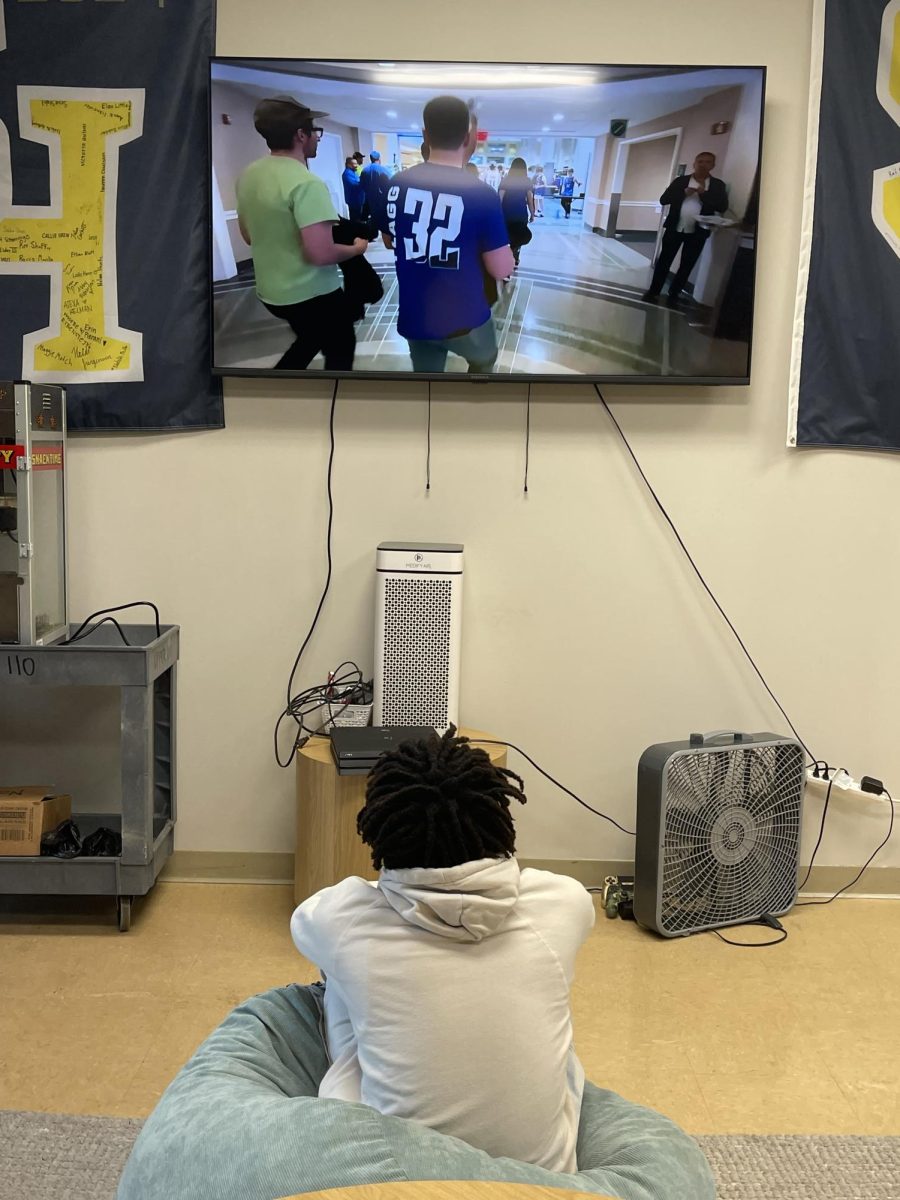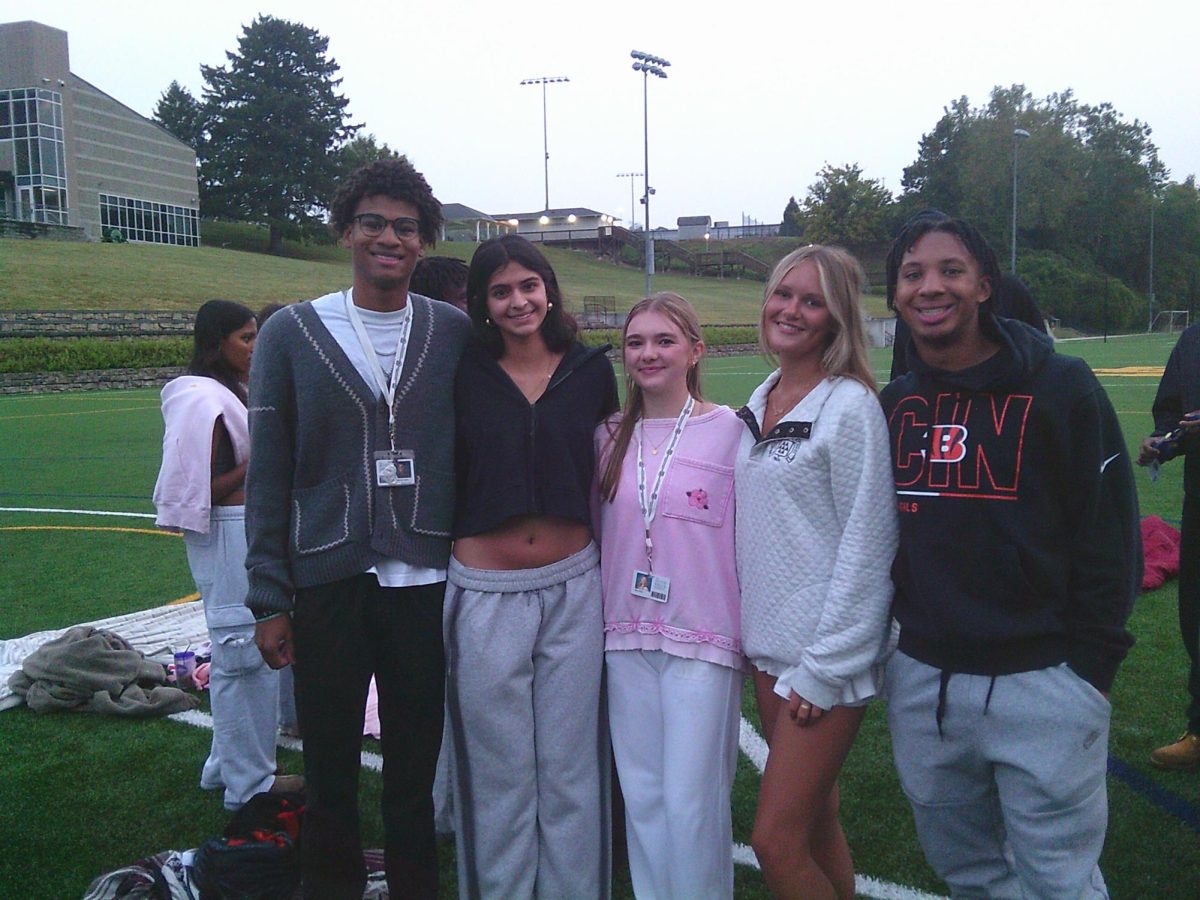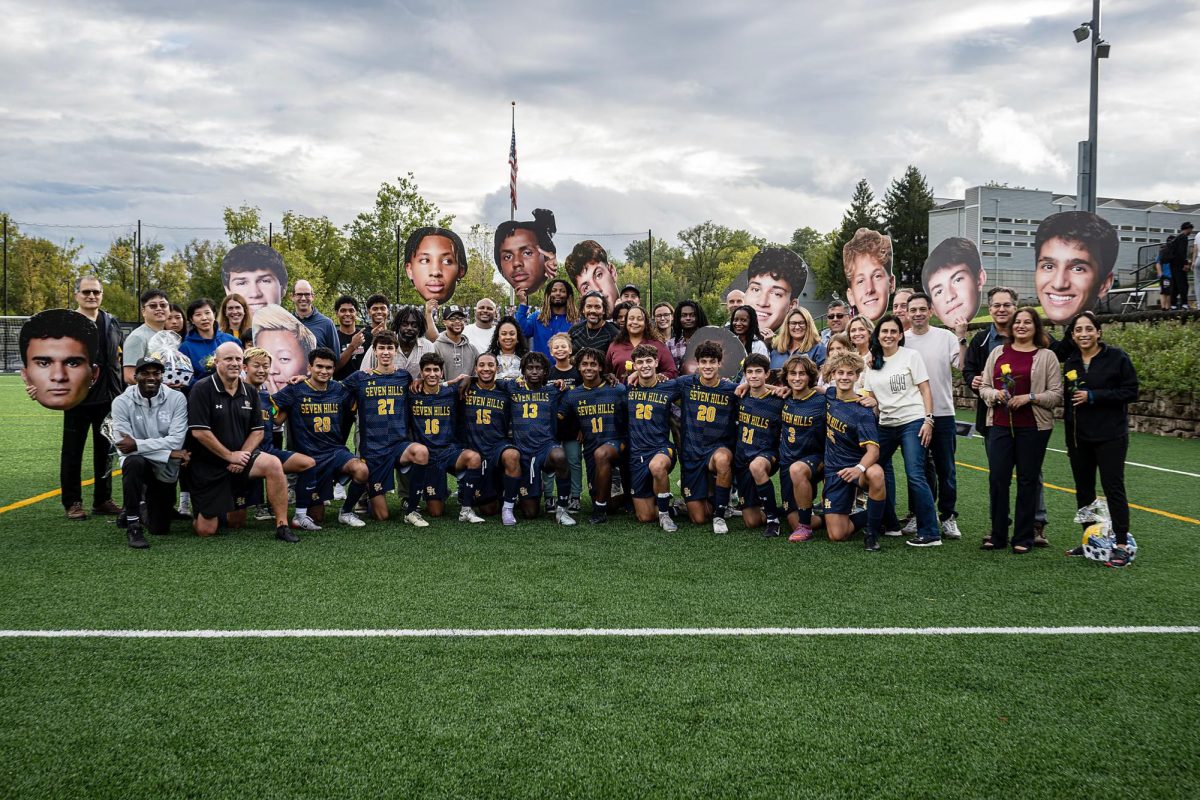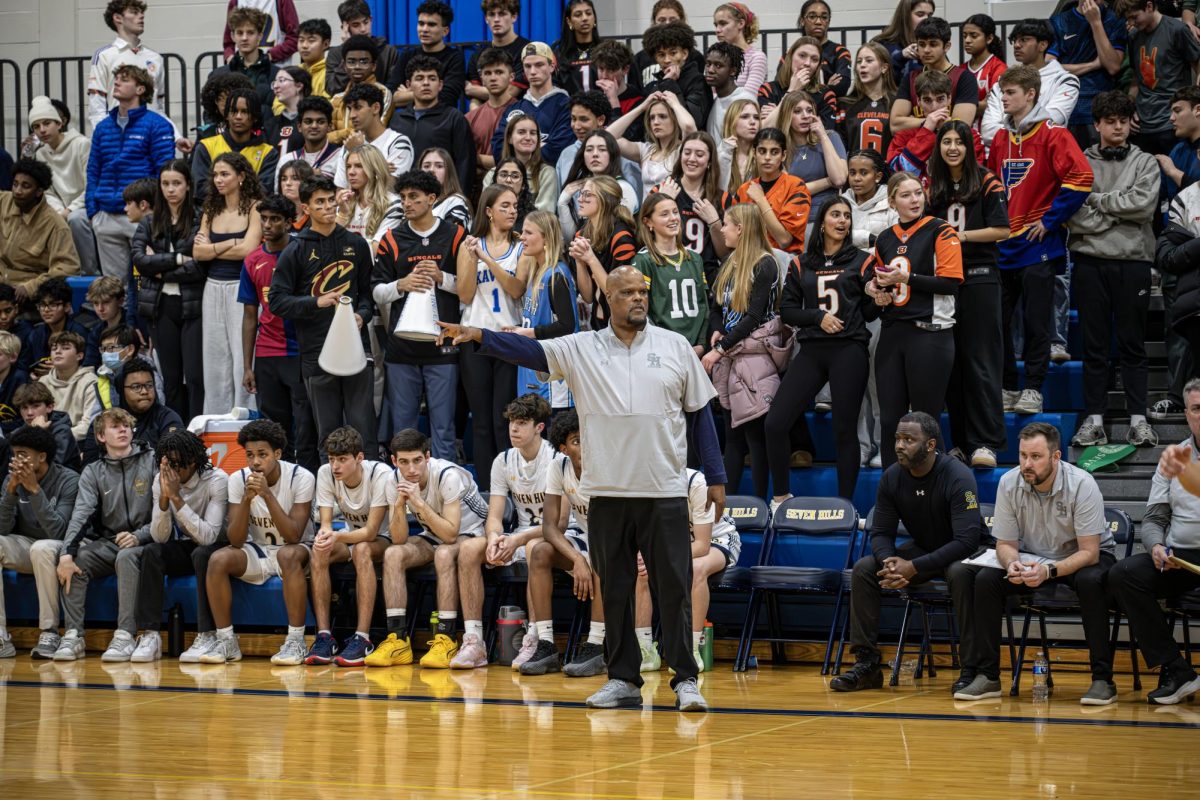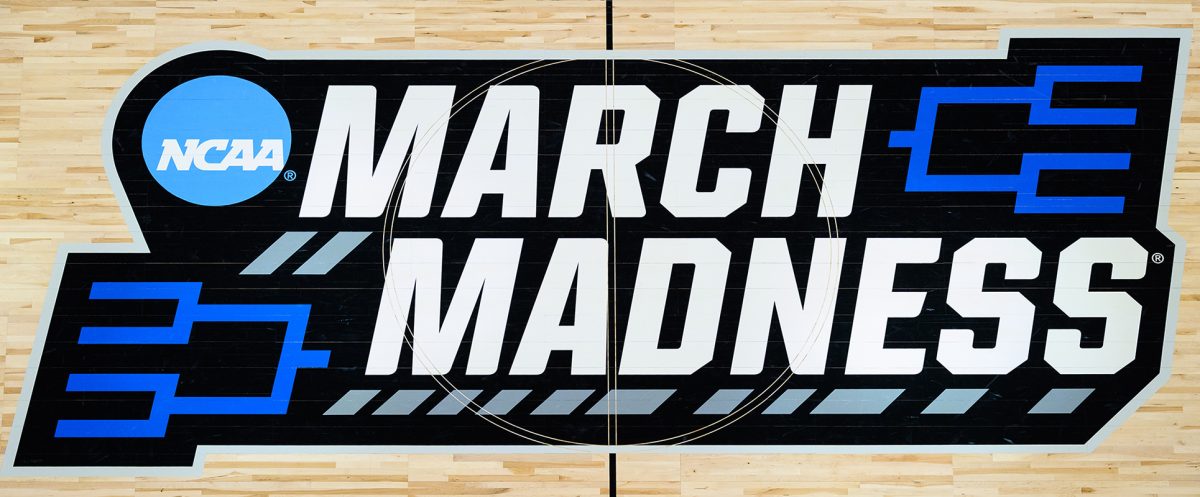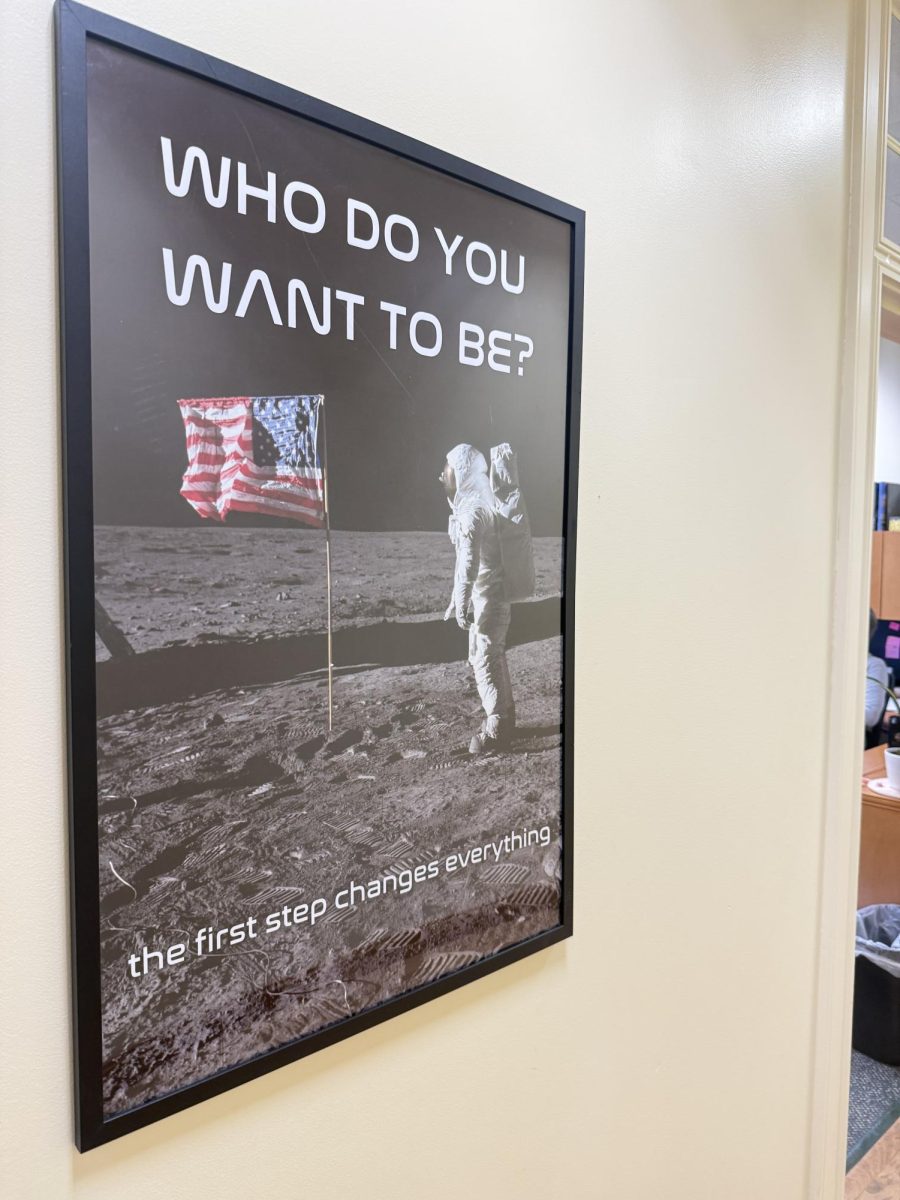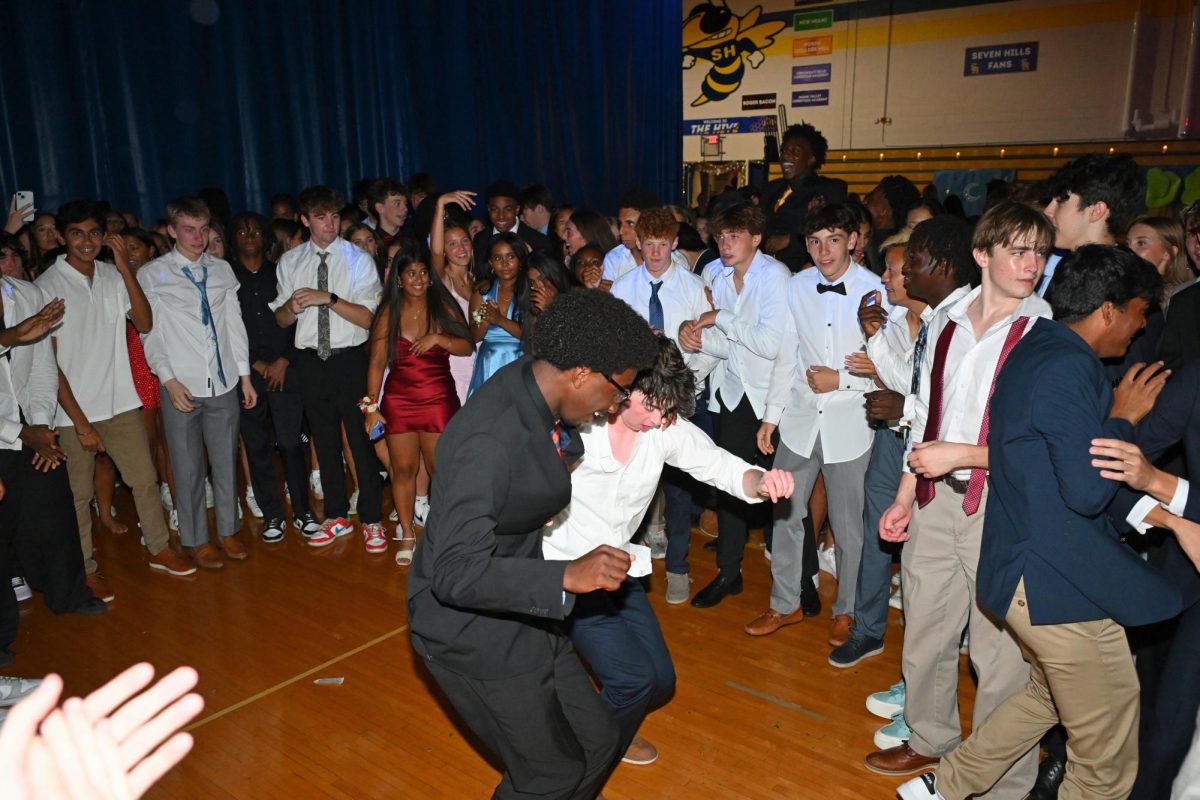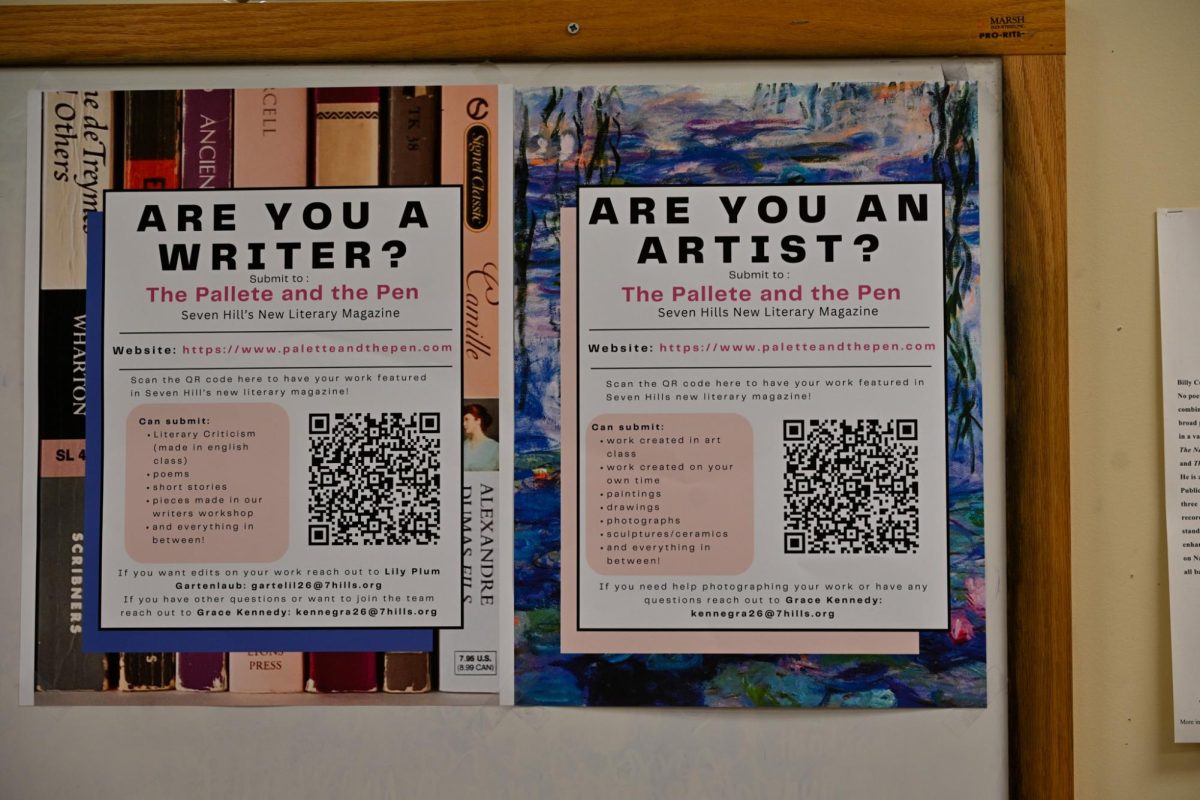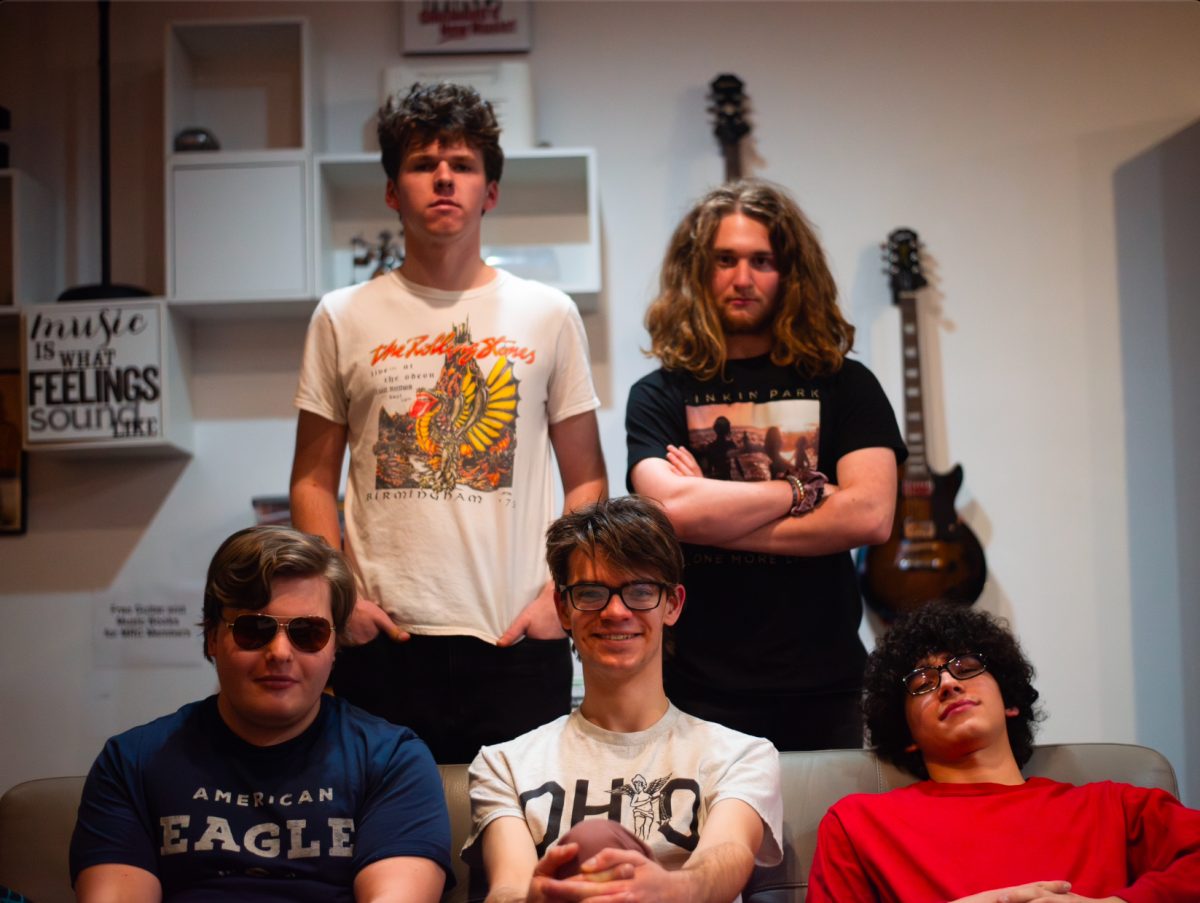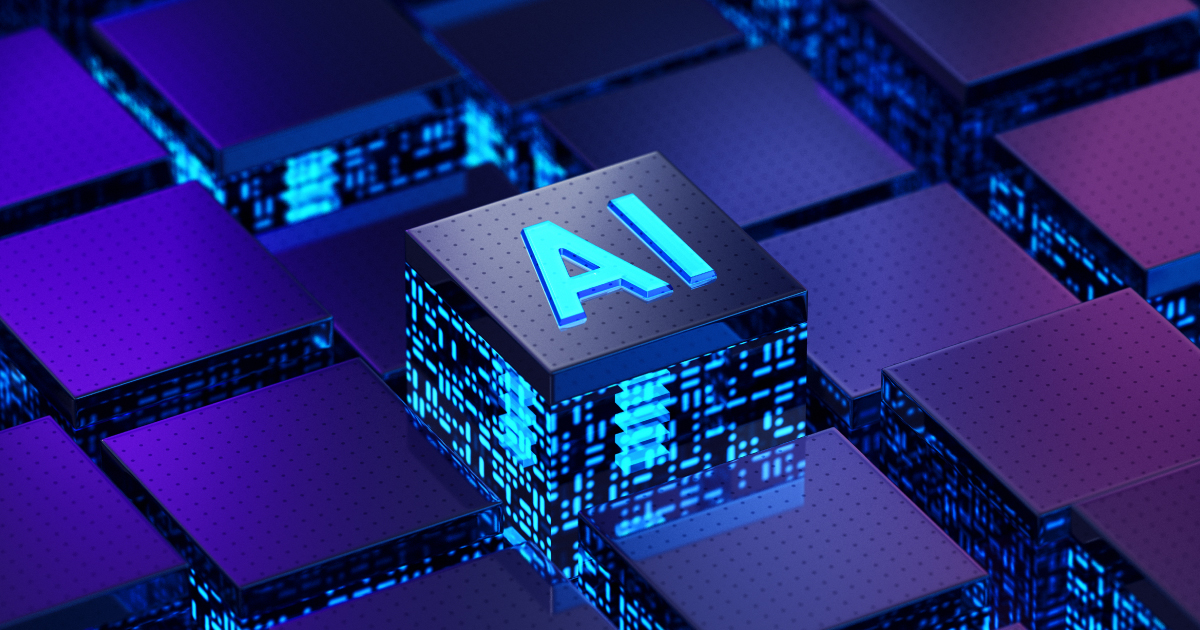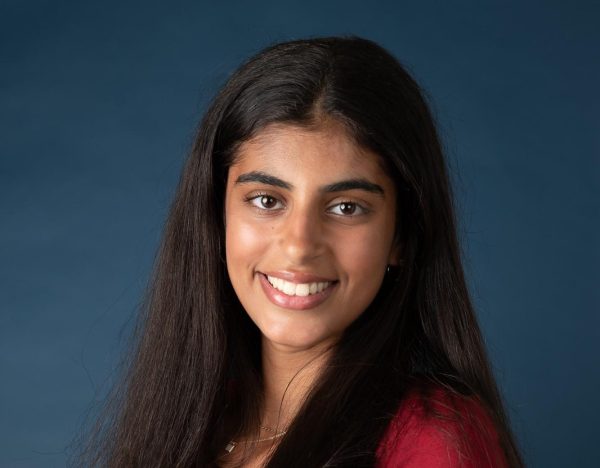As artificial intelligence continues to spread worldwide, people are increasingly adapting their lives to accommodate it. This includes how students are educated in schools At Seven Hills, many faculty members want to ensure students can draw from their natural potential while also learning about AI and using it to deepen their education.
“AI is supposed to be used as a tool to support learning, not to do the learning,” Laura Leonard, the Dean of Students, said. If people do not use it properly, it can cause learning deficits. “I think that’s our biggest concern, particularly with younger students who maybe don’t have as much prefrontal cortex decision making or not as much impulse control [since] it’s a really slippery slope,” Leonard said.
Last year the school spent time as a committee of teachers and administrators to compose an AI policy. As quoted from the family handbook, Seven Hills students will:
- “Recognize that generative AI is a tool. All tools can be valuable or harmful, depending on how the user uses them.
- Be encouraged to explore generative AI thoughtfully
- Not use generative AI on any assignments unless explicitly allowed by their teacher, and then only in the manner explicitly allowed
- Acknowledge and properly reference any use of generative AI, as they would any other external/outside/secondary source
- Abide by all school policies on academic integrity. Students must do their own work and be able to explain their process.”
While the policy exists, students are still confused. Throughout the school, different classes have different rules surrounding AI. Some students believe that the policy states that they are not allowed to use AI at all. Overall, students feel that they need to clearly understand how they are allowed to use AI in different teachers’ classrooms.
Part of the student conversation is that AI is a handy tool that can be useful in daily life, including in parts of school. Since AI will be a part of their future, students want to learn how to use it now. “This is going to be a part of our lives after we graduate, so why not teach us how to use it the right way instead of banning it?” sophomore Penelope Hwang said. However, Leonard mentioned how she was concerned about the overuse of AI in high school, as it would harm the students’ future benefits.”My fear is that if we let you over-rely on it right now you are going to graduate and you are going to go into college and you’re going to have some gaps and some deficiencies in some of your thinking skills and your critical thinking and your analysis and your ability to comprehend difficult texts and your ability to write and form an argument,” Leonard said.
Leonard also covered the controversial topic of whether teachers can use AI the same way their students are allowed to use it. Some teachers may be using their AI as an advantage. If a teacher uses AI wrongfully, it leads to bad teaching; if a student uses it wrongfully, it is more of an academic integrity issue. Students have mentioned how they believe that the rules that apply to students should also apply to teachers, and some students feel that teachers should allow students to use AI more often if the teachers are allowed.
One thing is clear: AI is not going anyway, so as a school we need to continue to work on developing policies and guidelines that are clear to students. Learning support teacher Laura Dombek-Crain said, “It’s not going anywhere, and we need to have a policy that makes sense as well as learn together how to best use it.”

